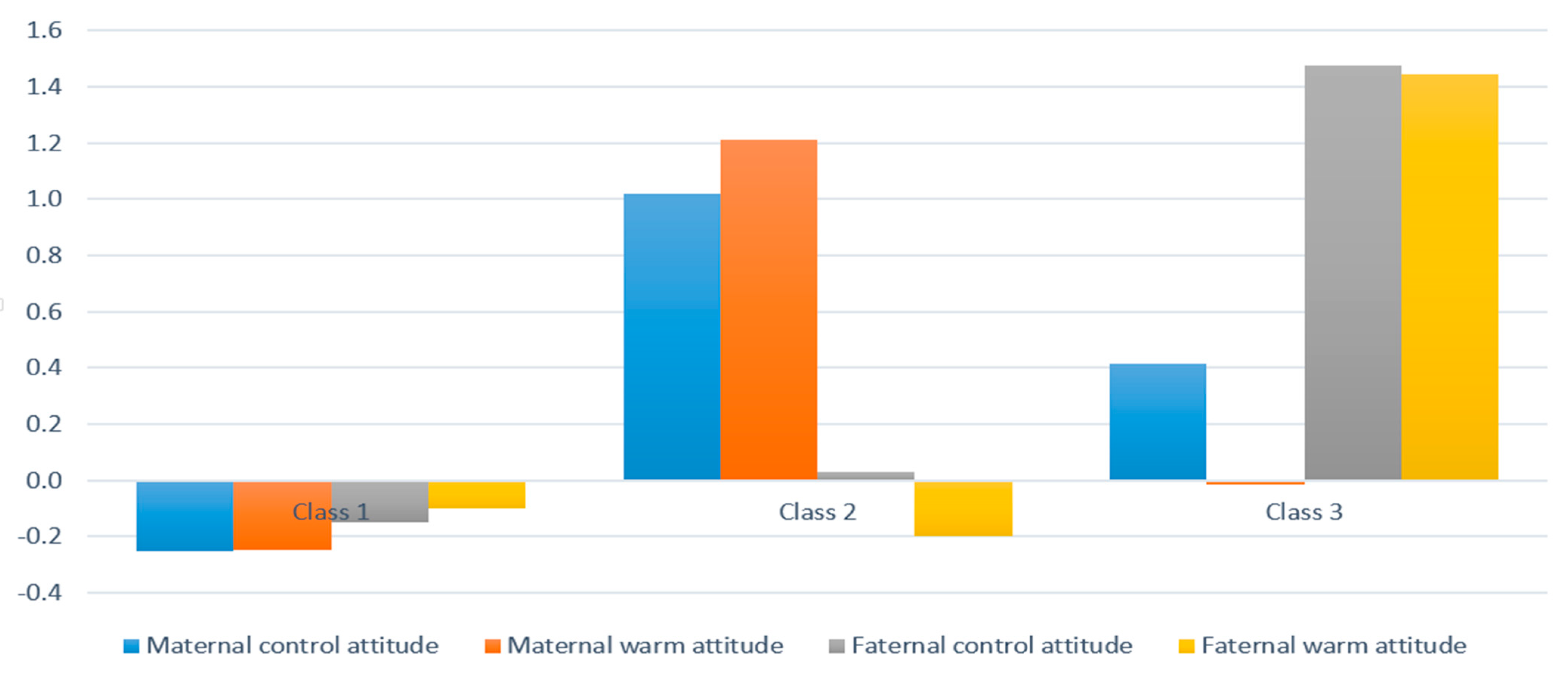South Korea to Revise Terms Related to Parenting and Family to Combat Negative Perceptions

The South Korean government has initiated a campaign to change terms associated with marriage, childbirth, and parenting that may foster negative perceptions or biases. The Low Birthrate and Aging Society Commission announced on June 3, 2025, that it has identified a total of 47 terms for revision, including 34 legal terms and 13 everyday expressions.
Out of these, alternative terms have been proposed for 32 expressions. For instance, '육아 휴직' (parental leave) is suggested to be replaced with '육아집중기간' (childcare focus period), '육아몰입기간' (childcare immersion period), or '아이돌봄기간' (childcare period). This change aims to eliminate the negative connotation associated with the phrase 'taking a break' from work.
Additionally, '유산·사산휴가' (miscarriage leave) may be renamed to '회복휴가' (recovery leave) or '마음돌봄휴가' (mental care leave). The term '경력단절여성' (women with interrupted careers) could be replaced with '경력보유여성' (career-holding women) or '경력이음여성' (career-resuming women). The term '혼외자' (illegitimate child) is suggested to be changed to '출생자녀' (born child) or simply '자녀' (child) to remove the stigma associated with being born outside of marriage.
The term '유모차' (stroller) is proposed to be replaced with '유아차' (infant car) to avoid implying that the primary caregiver is exclusively the mother. Furthermore, the terms '외조' and '내조' (supporting spouse) are suggested to be replaced with '배우자 지원' (spousal support).
The commission plans to conduct an online survey this month to gather public opinions on the necessity of these changes and preferred alternative terms. For the remaining 15 terms, such as '결손가정' (disadvantaged family), '모자보건' (maternal and child health), and '부양의무자' (support obligation), further expert consultations and feedback from relevant departments will be sought to find suitable alternatives.
The commission aims to finalize the revised terms and proposals by September for submission to the National Assembly. They also plan to implement gradual changes for legal terms that require time for adaptation and to promote social awareness through public campaigns for everyday terms.
What do you think?
0 reactions





